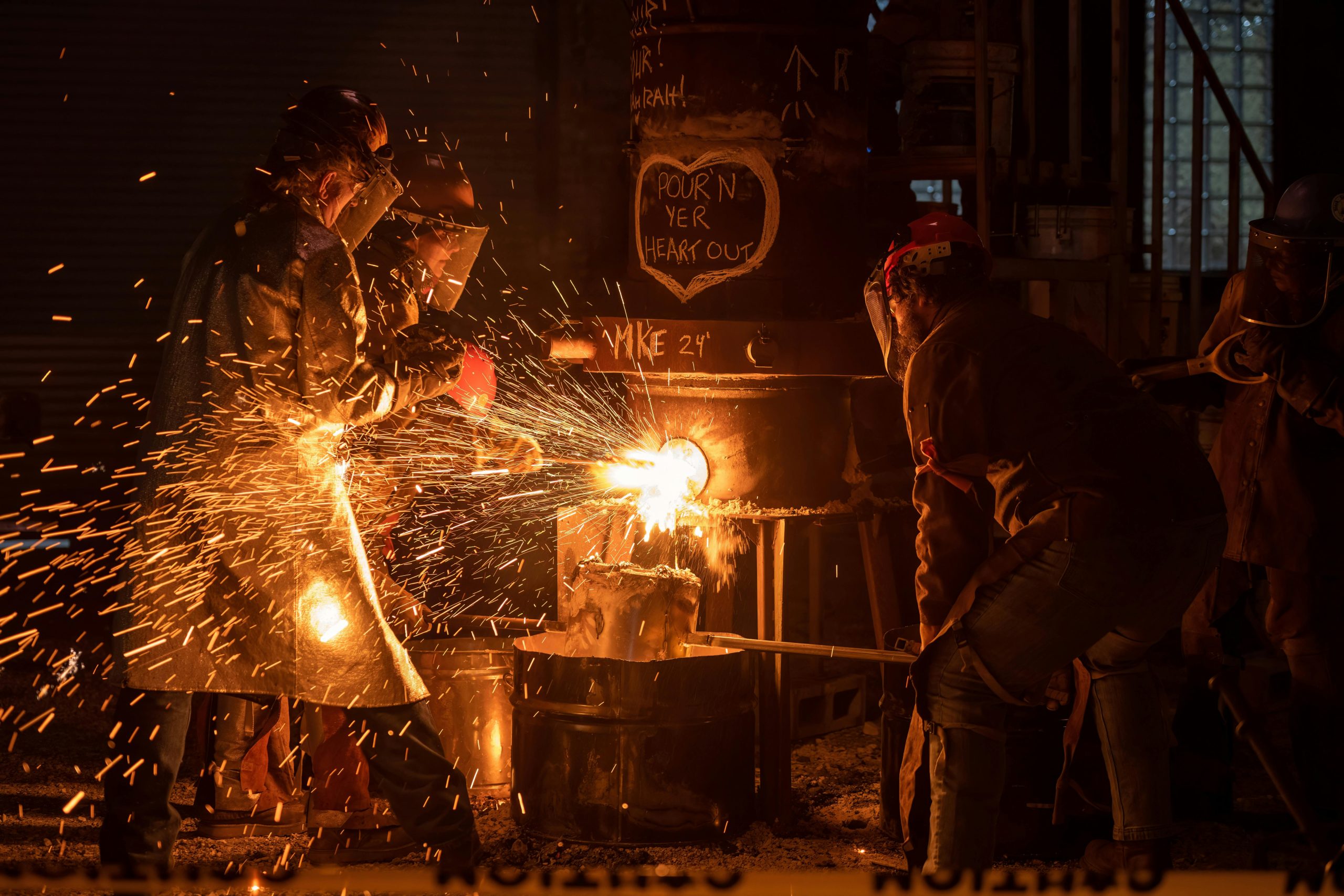Your cart is currently empty!

Steven Coulson
Steven has been drinking beers, wines and spirits for decades and has a propensity to go about them at length after a few drinks.
Latest Posts
- My wife found out our favorite Gin for martinis was discontinued. I think we are good for a while…

- Oregon Road Trip: Freeland Spirits Garden Botanicals Gin

- Botanist with Trader Joe’s Lemon and Elderflower Soda

- I’m one of the worlds leading buyers of craft gin in the world and a international spirit judge AMA

- I’m blown away…. By how let down I am by this Gin.

Categories
Tags
Social Links

Are Hops Psychoactive? Exploring the Unconventional Effects of Hoppy Beers
In the realm of craft beer enthusiasts, the discussion surrounding hops has taken on a new dimension. While some might dismiss the notion that hops possess psychoactive properties, my personal experimentation has led me to believe otherwise. A recent conversation I had about the enchanting allure of IPAs—particularly those boasting high International Bitterness Units (IBUs)—revealed a fascinating dichotomy in taste experiences. Some participants argued that the intensity likely stemmed from higher alcohol content, but my findings suggest a more complex interaction at play.
During my exploration of different beer styles, I stumbled upon “Cold” IPAs. Interestingly, these brews contain fewer hops while maintaining similar alcohol levels to classic West Coast IPAs. Conversely, Imperial IPAs often feature elevated alcohol percentages without a proportional increase in hop content. Strangely, neither style resonated with me as much as a well-crafted West Coast IPA with a moderate ABV, which delivers a satisfying experience.
What’s more intriguing is the sensation I perceive when enjoying hoppy beers. It differs significantly from the conventional alcohol buzz; instead, it evokes a more cerebral and invigorating feeling. This led me to ponder: Could it be that hops are, in fact, psychoactive under specific circumstances? Perhaps the fermentation process enhances their bioavailability, or the presence of alcohol might create a synergistic effect, enabling certain compounds from hops to penetrate the blood-brain barrier more effectively.
It’s crucial to note that my enjoyment of hops does not stem from any kind of sensitivity. I experience no adverse reactions such as hives or itching—only a state of euphoria that accompanies the consumption of hoppy libations.
This raises an essential question: Why have hops endured as a fundamental ingredient in beer for centuries? Historically, beer wasn’t always brewed with hops, yet once they were embraced, they became a staple across brewing traditions worldwide. There must be a compelling reason for this longstanding popularity.
In summary, my journey into the realm of hops has left me with a few intriguing theories. Whether through their psychoactive potential or their role as a flavor cornerstone in beer history, there’s no denying that hops continue to captivate those of us who appreciate the craft of brewing. So, the next time you crack open a hoppy brew, consider the profound effects it might have beyond just taste. Cheers!
